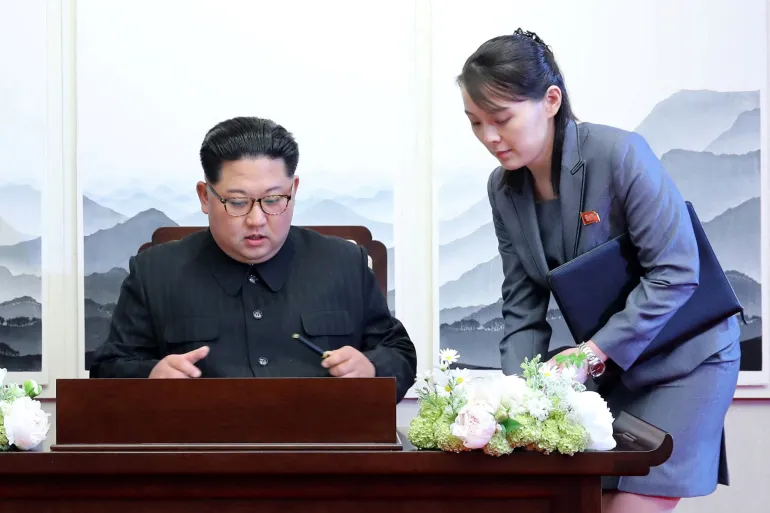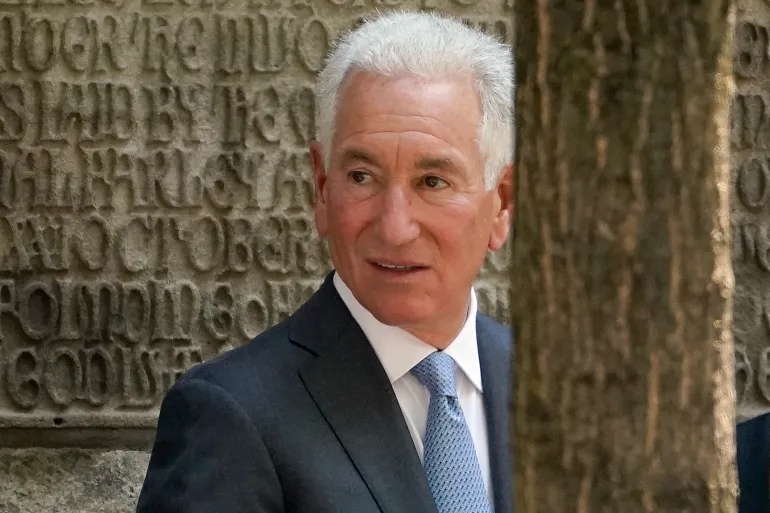EXCLUSIVE: When Law Meets Power: Trump’s National Guard Gambit, Constitutional Line Crossed

When U.S. President Donald Trump ordered 300 California National Guard personnel into Portland, Oregon, despite a federal court ruling blocking his earlier attempt to federalize Oregon’s own Guard, the clash between presidential authority and state sovereignty entered uncharted legal territory.
California Governor Gavin Newsom condemned the move as “a breathtaking abuse of the law and power,” vowing to challenge what he described as an authoritarian overreach. His statement followed a ruling by a Trump-appointed federal judge that found “no legal basis to deploy state National Guard troops to the streets of Portland” and reminded that “this is a nation of Constitutional law, not martial law.”
To understand the legal and constitutional stakes of the confrontation, Wyoming Star spoke with Richard Primus, Professor of Law at the University of Michigan and a leading scholar on constitutional structure and civil-military relations in the United States.
Presidential Power, Its Limits
According to Primus, the court’s ruling rests on a simple but profound principle: a president cannot invent emergencies to justify the use of military force.
“The most significant thing about Saturday’s ruling was that the court was willing to say that President Trump’s claim that the normal federal authorities aren’t able to enforce the law without more help was false. A president’s claim that a situation is an emergency calling for emergency response is given significant deference in court. But the court here said, quite correctly, that giving deference doesn’t mean ignoring the facts. It just means giving the benefit of the doubt. Here, there wasn’t doubt.”
The court did something rarely seen in modern constitutional disputes: it openly challenged the president’s good faith, Primus stresses.
“As the court explained, President Trump is saying over and over that Portland is on fire, but it just isn’t true. Indeed, it’s so far from true that the court concluded that the president’s claims are simply not made in good faith. He’s just making stuff up, and the court said so.”
That conclusion strikes at the heart of executive credibility: the notion that presidents must act on demonstrable necessity, not political theater.
Federalizing Guard: Question of Consent, Control
The administration invoked 10 U.S.C. §12406, a statute allowing the president to call National Guard personnel into federal service if regular forces are “unable to enforce federal law.” The court found that threshold unmet.

Primus explains that the logic applies well beyond Oregon:
“The law under which President Trump claimed the authority to mobilize National Guard personnel for the Portland mission is 10 U.S.C. Section 12406, which authorizes the president to call National Guard personnel into federal service when the regular federal forces are unable, without more assistance, to enforce federal law. The court held that on the facts in Portland, the regular forces are having no trouble enforcing federal law. So there’s no basis for the claim that National Guard forces are needed. And that goes for any National Guard, whether Oregon’s or otherwise.”
He adds that a president can still use National Guard forces, but only with a state’s consent. Without it, federalization becomes constitutionally dubious.
“The president could call in National Guard personnel with a state’s consent, of course. But without that consent, he needs some other authority, like Section 12406.”
Risk of Tyranny
The case’s deeper warning lies not in the details of troop deployment but in the precedent it could set if left unchecked, according to Primus.
“And, the court said, if we let presidents make things up as the pretext for deploying force, we risk tyranny.”
That risk, he stresses, is structural. It threatens to erode the very system of checks and balances designed to keep political power under constitutional control.
“By the way: the judge who issued this ruling — who said that President Trump is just making things up about Portland — is a judge who President Trump himself appointed.”
Constitutional Crossroads
The Portland episode underscores a growing confrontation between federal authority and state autonomy in America’s internal security landscape. What began as a dispute over a single deployment has become a test of how far executive power can stretch before courts (and states) push back.
Governor Newsom’s framing of the crisis as “not about public safety, but about power” may well capture the political essence of the moment. Yet, as Primus suggests, the true stakes are constitutional. The question is not only what the president can do, but whether a president who disregards factual limits to his power can still be said to govern within the law.









The latest news in your social feeds
Subscribe to our social media platforms to stay tuned